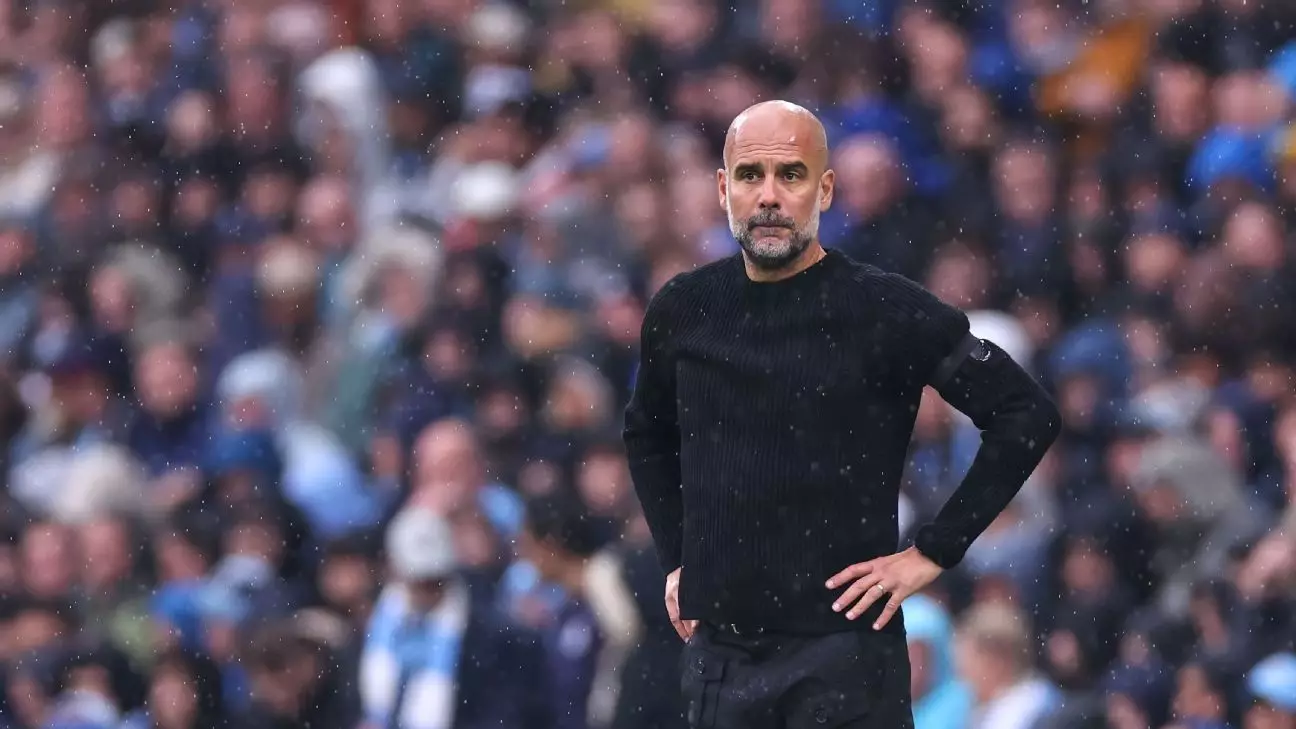As the football world becomes increasingly intertwined with global tournaments, the strain on players and clubs has never been more evident. The Premier League’s recent decision to deny Manchester City’s request for postponement of their initial matches next season poses significant questions about player welfare amid an intensifying competition schedule. Pep Guardiola’s comments underline the complexities facing teams that are pressed to balance performance with the health of their athletes.
Starting June 15, the FIFA Club World Cup will bring together the most elite clubs from around the globe for a month of fierce competition. Manchester City and Chelsea have earned spots in this tournament, but the expanded format comes with additional demands, pushing players to their limits. The juxtaposition of domestic league responsibilities and international obligations thus creates a precarious situation for clubs, which must now contend with fatigue and potential injuries among their squads.
The global players’ union FIFPRO has highlighted serious concerns regarding player burnout, noting that many athletes receive only a meager 12% of the year to recuperate. This incessant grind is exacerbated by Guardiola’s acknowledgment of the Club World Cup’s challenges for player management. With demanding schedules leading to increased risks of injuries—evident in City midfielder Rodri’s recent season-ending knee injury—there is mounting pressure on league officials to address these concerns responsibly.
Despite the evident struggles, the Premier League’s refusal to adjust the schedule for Manchester City reflects an entrenchment in a system that prioritizes commercial viability over player well-being. Guardiola’s frustration highlights a critical tension: the business of football often overrides the needs of those who form its backbone—the players. As they prepare for what could be an ever-busier calendar, the ramifications of such decisions may ripple far beyond one season.
The discontent among players has reached a boiling point, with figures like Rodri openly considering strike actions due to the excessive demands placed upon them. The alarming prospect of players refusing to participate due to exhausting schedules warrants serious reflection. It is not just a matter of performance on the pitch but also the overarching sustainability of a sport that is increasingly at odds with the health of its stars.
Faced with a relentless schedule and an overarching trend toward prioritizing international tournaments, the time has come for the Premier League and governing bodies to reevaluate their approaches. Balancing commercial interests with athlete health is paramount for safeguarding the future of football. The time to rethink policy and create a healthier framework for players is long overdue, as their well-being holds the key to the sport’s continued success—and, ultimately, its most precious asset: the game itself.

